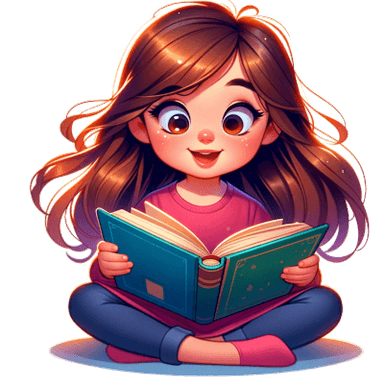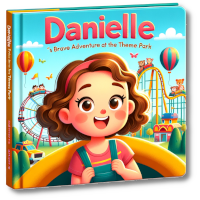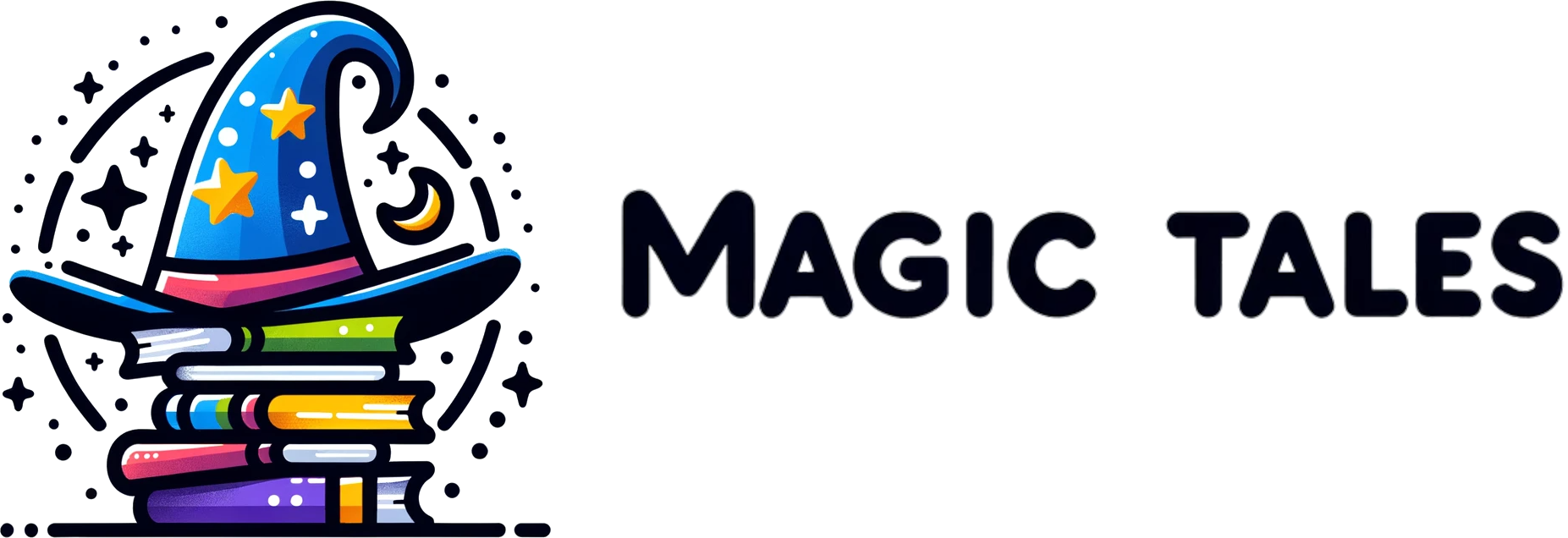Reading with children
a blog by Magic Tales

Turning Discord into Discourse: How Children's Books Foster Emotional Intelligence during Disagreements
Turning Discord into Discourse: Any individual who has spent a significant amount of time in the company of children will agree – disagreements are inevitable. Whether it's over a much-coveted toy or a piece of chocolate cake, bone of contention arises often. Yet, in the midst of these disputes is a golden opportunity to teach children one of the most important life skills – emotional intelligence.
Emotional Intelligence: A term coined by Peter Salovey and John D. Mayer, and popularized by Daniel Goleman, 'Emotional Intelligence' refers to the ability to identify, understand, and manage our own emotions and the emotions of others. It’s an essential skill that, if nurtured from an early age, can help children navigate social situations, empathize with others, and resolve conflicts effectively.
Children’s Books as Tools: If you’re wondering how to teach this complex concept to children, look no further than your kid’s bookshelf. Children's books are powerful tools that can help children understand and grapple with their emotions. Character conflicts, story resolution, and implicit expression of feelings within books offer ample opportunity for discussions around emotional intelligence.
Consider popular children's books like 'When Sophie Gets Angry—Really, Really Angry by Molly Bang' and 'How Are You Feeling Today? by Molly Potter'. Using colorful, visual narratives, these books introduce children to a variety of emotions and the appropriate ways to express them.
Fostering Discussions through Storytelling: When children are engrossed in a book, they inevitably find connections between the characters' experiences and their own. Story characters' emotional conflicts provide vital teachable moments. As an adult, encourage your child to discuss these occurrences. Ask them how they would react in a similar situation or what they think the character is feeling. These discussions not only increase the child’s emotional vocabulary but also stimulate their empathetic responses.
In the Midst of Disagreements: When conflict does arise between your child and a sibling or friend, refer back to a relevant book character and their actions. This makes the situation less personal and more manageable. Children are likely to be more receptive to lessons learnt from their favorite characters than direct adult lectures.
Through their engaging narratives and relatable characters, children’s books are incredibly effective in teaching emotional intelligence. They help turn discord into an enriching discourse, paving the way for emotionally intelligent adults of the future. Reading not only creates intelligent children but also emotionally balanced ones, leveraged with a potent tool crucial for their journey through life.
Want a personalized book to read with your child about Disagreements?
Takes as quickly as 30 seconds to create
Create a book about Disagreements

